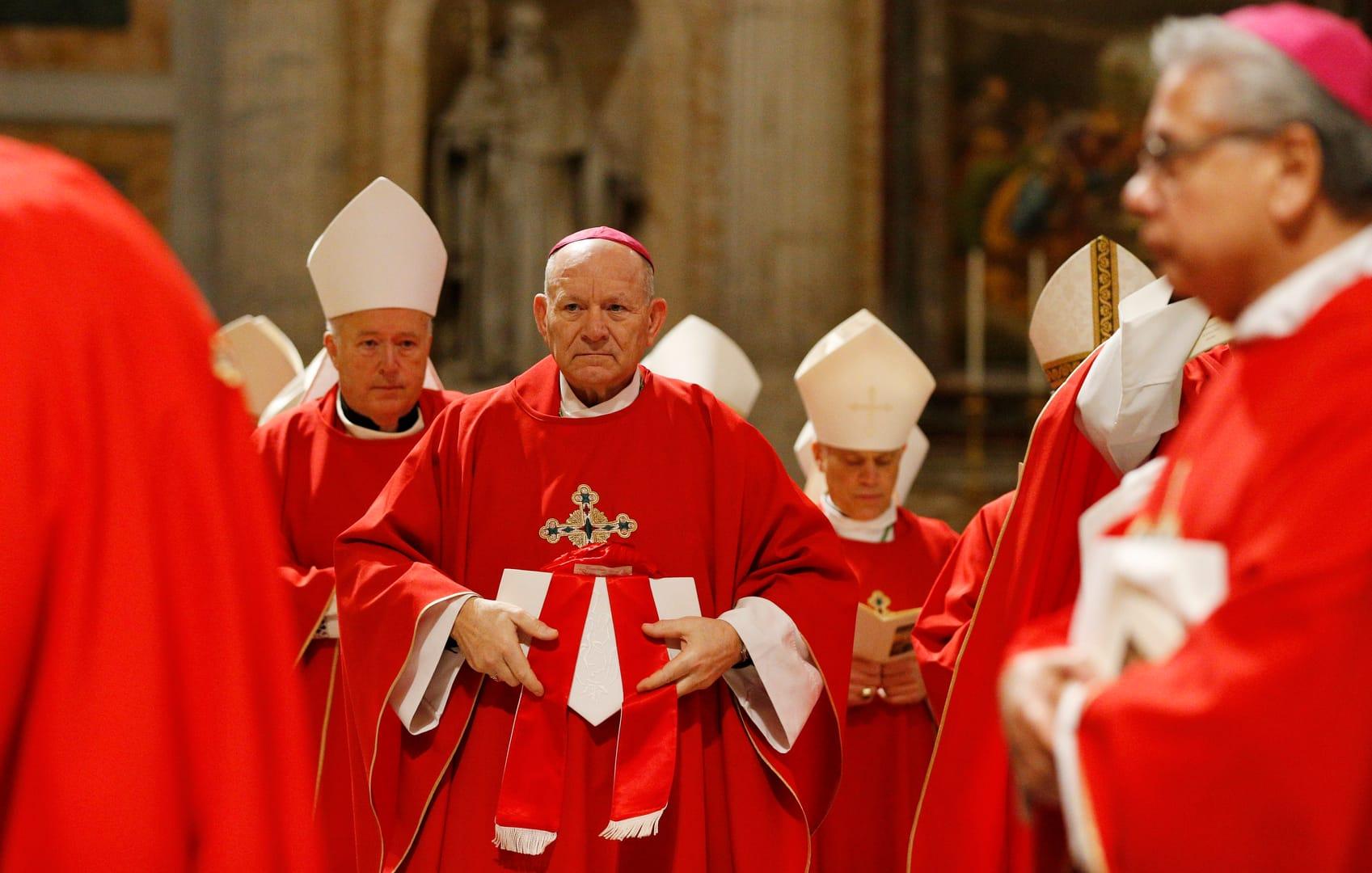NEW YORK – Soon into the new year, the Diocese of Santa Rosa, California, will join a growing list of U.S. Catholic dioceses to file for Chapter 11 bankruptcy as it faces a wave of sexual abuse lawsuits.
Bishop Robert Vasa of Santa Rosa announced in a Dec. 2 statement that the diocese’s attorneys will file for Chapter 11 bankruptcy sometime between Dec. 31 and March 1, 2023, saying the decision was “the inevitable result of an insurmountable number of claims.”
The diocese is facing more than 130 claims dating from 1962, when the diocese was established, through the present day, with the majority of the cases being from the 1970’s and 1980’s, Vasa said.
The claims were filed under the 2019 California Child Victims Act, which allowed for a three-year period where victims of child sex abuse could come forward with claims that would have expired under the previous statute of limitations. The three year window created by the bill began Jan. 1, 2020, and expires in less than a month after the start of the new year.
“After months of careful and prayerful consideration, and after having consulted the priests of the Diocese as well as the Diocesan Finance Council, and professionals retained by the Diocese, it has become clear to me that it is necessary for the Diocese of Santa Rosa to file for Chapter 11 bankruptcy,” Vasa said.
New York, New Jersey, Arizona, Vermont, North Carolina, Montana, and Hawaii are among the other states that have passed similar legislation opening windows for claims to be filed. Others, including Connecticut, Rhode Island, Pennsylvania, Texas and Tennessee have changed statute of limitations in recent years to allow victims to file civil cases alleging abuse later in life.
Most recently, in mid-November the Diocese of Harrisuburg, Pennsylvania, settled its Chapter 11 reorganization case, agreeing to pay $18.25 million for sexual abuse survivors. Earlier in November, the Diocese of Rochester settled its Chapter 11 reorganization case, agreeing to pay $55 million to a trust for sexual abuse survivors.
Vasa said the decision for the Diocese of Santa Rosa serves two purposes.
“First, it will provide a process to carefully evaluate and compensate, as fairly as possible those who have come forward with allegations of sexual abuse,” Vasa said. “At the same time, the process will provide a way for the Diocese to continue the various charitable ministries in which it is engaged.”
Vasa clarified that the only entity filing for bankruptcy protection is “the corporation sole known legally as the Roman Catholic Diocese of Santa Rosa,” while the diocesan parishes and Catholic schools are separate entities that are not a part of the filing.
“There are many matters to be discerned by the bankruptcy court and so absolute certainty about the degree of participation by any other entities such as parishes and schools will be determined in the course of the proceedings,” the bishop said.
Vasa added that the discussions about potentially filing for bankruptcy began more than a year ago.
“I have been moved by the understanding, patience and support expressed by the clergy and by the various people in the Church with whom I have previously shared this information,” he said. “I am deeply grateful.”
Follow John Lavenburg on Twitter: @johnlavenburg














